
The price for Type 2 diabetes surgery (often referring to metabolic or bariatric surgery) in Turkey can vary depending on the clinic, surgeon’s expertise, hospital facilities, and the specific type of surgery (such as gastric bypass, sleeve gastrectomy, or duodenal switch). On average, the cost ranges between $4,000 and $10,000.
🇹🇷 Type 2 Diabetes Surgery in Turkey
In Turkey, surgical treatments for Type 2 diabetes, particularly through metabolic surgery, have shown significant success. The most common procedures include gastric bypass, sleeve gastrectomy, and duodenal switch. These surgeries are aimed at improving insulin sensitivity and helping to regulate blood sugar levels, making them effective solutions for managing Type 2 diabetes.
📸 Discover Incredible Transformations with Our Type 2 Diabetes Surgery in Turkey!
Explore our Before & After gallery to see real patient results and witness how this life-changing procedure has helped individuals achieve their weight loss goals. Each story showcases the remarkable journey from obesity to a healthier, more confident life. Let these success stories inspire your own transformation!





✅ What are the Advantages of Having Type 2 Diabetes Surgery in Turkey?
Affordable Costs: Surgery prices range from $4,000 to $10,000, much lower than in Western countries.
Expert Surgeons: Highly experienced surgeons with high success rates.
Modern Facilities: Advanced hospitals with cutting-edge technology.
All-Inclusive Packages: Pre-op, post-op care, hospital stay, and sometimes accommodation included.
Quick Scheduling: Shorter waiting times compared to other countries.
Medical Tourism: Combine treatment with a chance to explore Turkey.
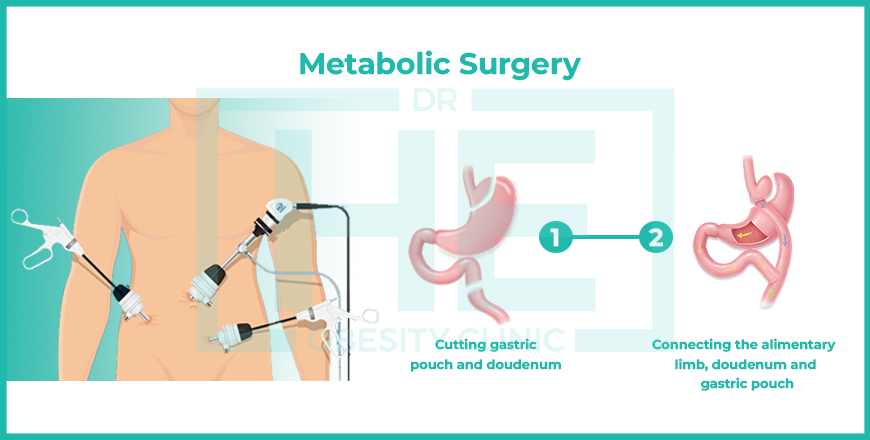
📅 Plan Your Trip to Turkey for a Type 2 Diabetes
Research & Consultation: Choose a reputable clinic and schedule an online consultation.
Select a Package: Opt for an all-inclusive package (surgery, accommodation, transfers, post-op care).
Book Flights: Confirm your surgery date and book your flights to Turkey.
Arrival: The clinic will usually provide airport transfers and guide you through pre-op tests.
Surgery & Recovery: Follow the clinic’s post-op care plan. Stay for recommended recovery time.
Follow-Up: Stay in touch with the clinic for follow-up and remote consultations.


To Meet Online with Prof. Dr. Hasan Erdem 24/7 Make an Appointment
🌟 Reasons for the Popularity of Type 2 Diabetes in Turkey 🌟
The popularity of Type 2 Diabetes surgery in Turkey is due to several factors: experienced surgeons, advanced medical facilities, affordable treatment costs, and comprehensive care packages. Additionally, Turkey’s strict adherence to international healthcare standards and its reputation for medical tourism make it a top choice for patients worldwide seeking weight loss solutions.
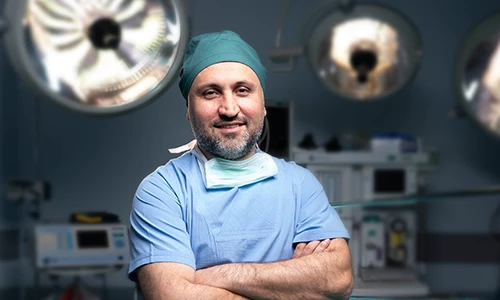
Dr. Hasan Erdem is an internationally renowned bariatric surgeon in Istanbul, Turkey. With over 15 years of experience, he is a specialist in weight loss procedures such as gastric sleeve, gastric bypass and gastric banding. Defined for his expertise and outstanding results, Dr. Erdem guarantees its patients’ profits and well-being by offering personalized care and comprehensive follow-up.
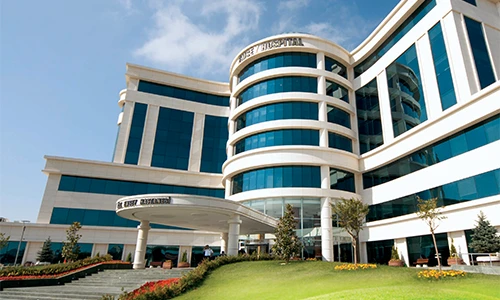
Safe hospital treatment ensures that all medical procedures, including surgeries and post-operative care, are performed in a controlled and sterile environment. Hospitals follow strict safety protocols, using advanced technology and highly trained staff to minimize risks and ensure patient well-being. This approach guarantees a secure and professional setting, providing peace of mind for patients undergoing treatment.
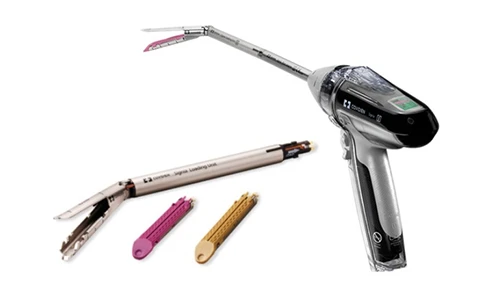
State-of-the-art medical equipment refers to the most advanced and innovative tools and technology used in healthcare today. These cutting-edge devices ensure precise diagnostics, safer procedures, and more effective treatments. By utilizing the latest technology, hospitals and clinics can provide higher quality care, reduce recovery times, and improve overall patient outcomes.
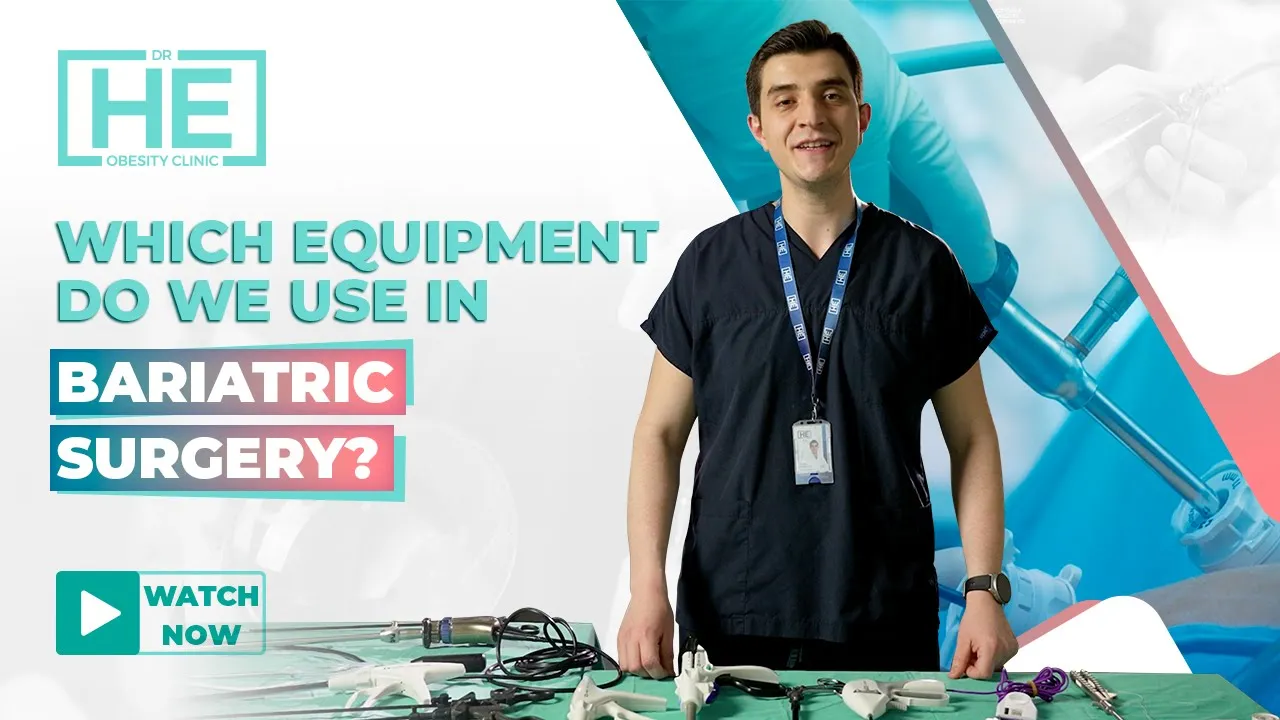


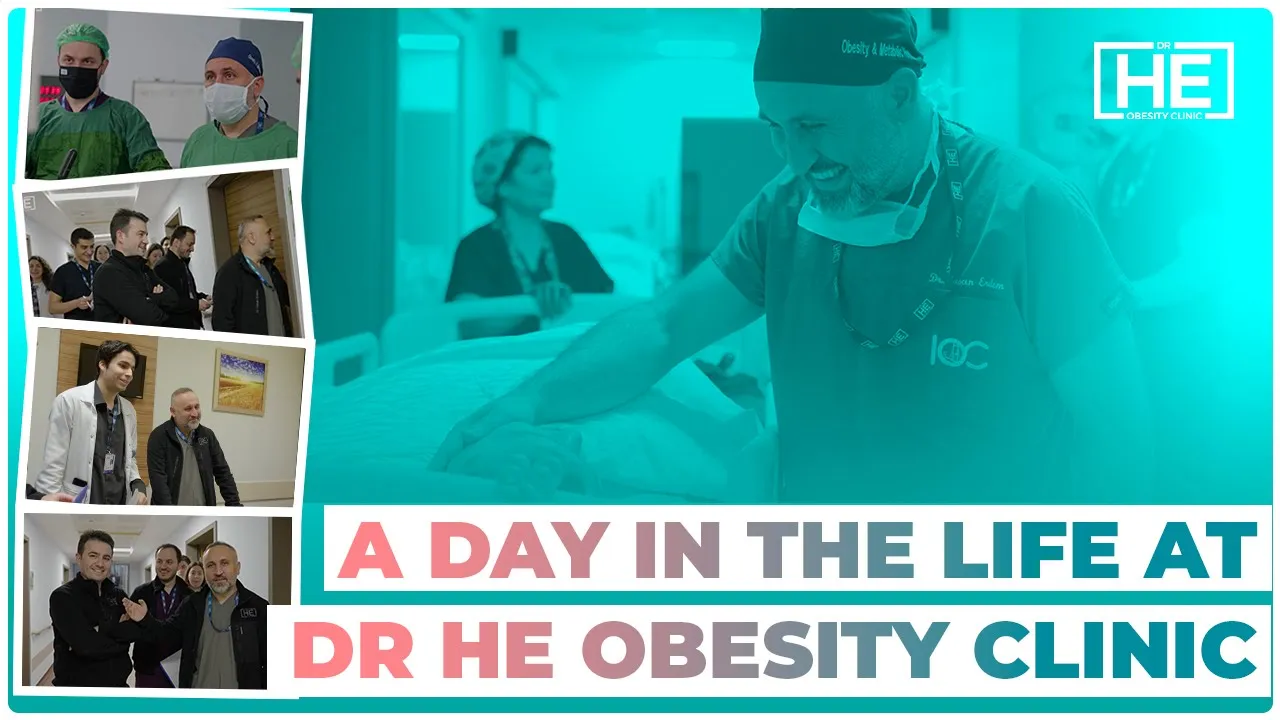
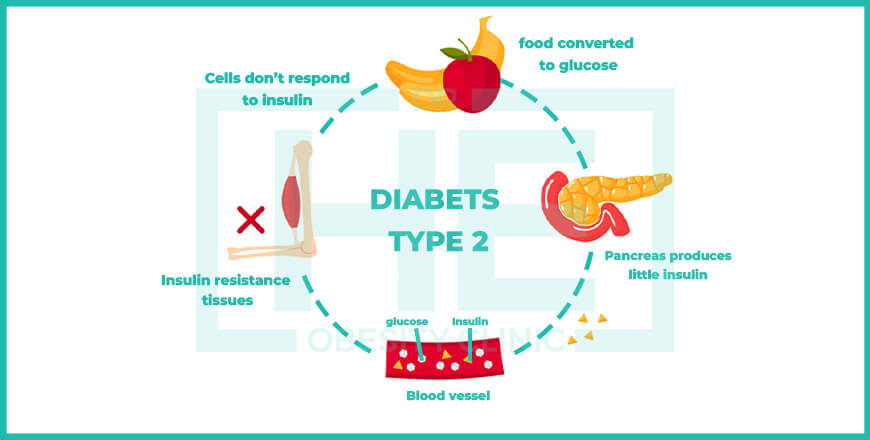
How is Type 2 Diabetes Surgery Performed?
Type 2 diabetes surgeries are typically performed laparoscopically, using small incisions, which makes the procedure minimally invasive.
Gastric Bypass: Reduces stomach size and reroutes intestines, limiting food intake and calorie absorption.
Sleeve Gastrectomy: Removes 80% of the stomach, reducing food capacity and improving hunger regulation.
Duodenal Switch: Combines stomach reduction and intestinal bypass for significant weight loss and diabetes control.
Recovery After Type 2 Diabetes Surgery
Hospital Stay: Most patients stay in the hospital for 2-3 days after surgery for monitoring and recovery.
Initial Recovery (First 1-2 Weeks): Patients typically experience some pain and discomfort, which can be managed with medication. Light activities are encouraged, but strenuous activities should be avoided.

Diet Progression:
First Few Days: Clear liquids are recommended.
Weeks 1-2: Transition to pureed and soft foods.
Weeks 3-4: Slowly introduce solid foods as tolerated, focusing on high-protein, low-carb meals.
Weight Loss and Health Improvements:
Significant weight loss begins within the first few months, improving blood sugar levels and overall health. Regular follow-up appointments are necessary to track progress and adjust medication as needed.
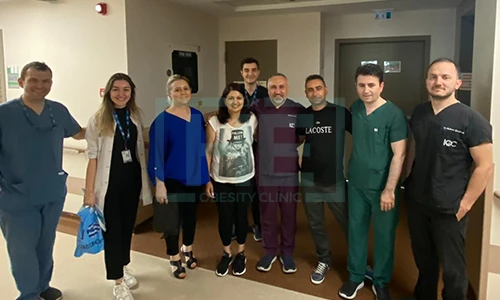
Who is Eligible for Type 2 Diabetes in Turkey?
Patients with a BMI of 35 or higher who have Type 2 diabetes may qualify. Those with a BMI of 30-34 may also be eligible if their diabetes is difficult to manage with medication and lifestyle changes.
Typically, patients between 18 and 65 years old are eligible. However, age considerations can vary based on individual health conditions.
Patients should not have severe medical conditions that could increase the risk of surgery, such as advanced heart disease or kidney failure.

💸 Type 2 Diabetes Surgery Cost in Turkey 2025
In 2025, the cost of Type 2 diabetes surgery in Turkey typically falls between $4,000 and $10,000, depending on various factors such as the type of surgery performed, the clinic or hospital chosen, and the surgeon’s experience.
🌍 Type 2 Diabetes Surgery Prices by Country
 Turkey Turkey | $4,000 – $10,000 |
 Mexico Mexico | $7,500 – $11,000 |
 USA USA | $15,000 – $25,000 |
 UK UK | £9,000 – £12,000 |
 Germany Germany | €9,000 – €12,000 |
 Spain Spain | €9,000 – €13,000 |
Why does Type 2 Diabetes Surgery Cost in Turkey Cheap?
The cost of Type 2 diabetes surgery in Turkey is relatively cheap due to several factors, including lower operational costs for medical facilities and surgeons compared to Western countries. The Turkish healthcare system is well-regulated, offering high-quality services at more affordable prices without compromising care. Additionally, government support and the popularity of medical tourism in Turkey allow clinics to provide competitive pricing, making it an attractive option for international patients seeking affordable yet effective treatments.
Does Health Insurance Pay for the Type 2 Diabetes Surgery?
Health insurance coverage for Type 2 diabetes surgery varies depending on the provider and the country. In some cases, health insurance may cover all or part of the cost if the surgery is deemed medically necessary, particularly when the patient has severe obesity or uncontrolled diabetes that hasn’t responded to other treatments.
All Inclusive Packages
All Inclusive Packages
All Inclusive Packages

"I came from Germany . I had my Surgery with Dr. Hassan Erdem. I am very satisfied. He was very nice and friendly. He did good Job. The Hospital was very good and the people are nice. They always checked me up. I almost lost 5 kilos in 6 days."

“Had my operation in may 20th it’s now July 17th I’ve lost 20 kilos best thing I ever done. Feel healthier and happier thanks to all the staff an doctors for their help it was much appreciated will be back to visit soon. Thank you so much for everything."

“The best decision I made in my life was having this operation. I had my surgery 5th of July 2018 and went into it weighing 118 kilos and it’s been just over a year I’m 74 kilos. Worth every single penny I spent and the doctors are so motivating and supporting"

“Thank you for everything doctor Hasan. I had gastric sleeve 7.04.2019. I lost 43 kilos. After the surgery, i felt a little pain but that was worthy. Dr Hasan and his team gave me a new life. Now, As if I never lived before. Thank Dr. HE and his team."

"I was searching for this operation for years. I found Turkey and Turkey was a good option. Before the surgery, I was afraid. But Dr. Hasan Erdem and his team helped me a lot. Now, I lost 13 kilos in one month.. I am getting better everyday."

"I was 120kg and now 75kg, it's Dr. Hasan and his team's miracle. From start to end everything is perfect. They always write to me and ask about my health per week. I made a good decision. Of course, I was worried and I was afraid but their energies were wonderful."
Is it Safe To Have A Type 2 Diabetes Surgery in Turkey?
Yes, it is generally safe to have Type 2 diabetes surgery in Turkey, as the country has a well-established healthcare system and is known for its experienced surgeons and modern medical facilities. Many Turkish hospitals are internationally accredited, and surgeons are highly trained in bariatric and metabolic surgeries, ensuring a high standard of care.
How to Reach Turkey?
Reaching Istanbul is easy with two major international airports: Istanbul Airport (IST) and Sabiha Gökçen Airport (SAW). Both airports offer direct flights from cities worldwide, making Istanbul highly accessible. Istanbul Airport (IST) serves as the main hub, while Sabiha Gökçen (SAW) is located on the Asian side of the city, providing another convenient option for travelers. After landing, you can reach the city center via taxis, airport shuttles, or public transport from both airports.
Do I Need to Stay in Turkey After Type 2 Diabetes Surgery?
Yes, you will need to stay in Turkey for a period of time after Type 2 diabetes surgery to ensure proper recovery and follow-up care. Typically, patients are advised to stay for 7 to 10 days after surgery. During this time, you will have post-operative check-ups with your surgeon to monitor your recovery, manage any potential complications, and receive guidance on diet and lifestyle changes.
Which is the Best Doctor for Type 2 Diabetes in Turkey?
One of the best doctors for Type 2 Diabetes Surgery in Turkey is Dr. Hasan Erdem, a highly experienced bariatric surgeon with a strong reputation for successful weight loss surgeries. With years of expertise in performing gastric sleeve and other bariatric procedures, Dr. Erdem is known for his personalized care, attention to detail, and commitment to patient safety. He practices at the Dr. HE Clinic, which offers state-of-the-art facilities and comprehensive pre- and post-operative care, making it a top choice for international patients seeking weight loss solutions in Turkey.

Frequently Asked Questions About Type 2 Diabetes Surgery
Type 2 diabetes surgery typically takes 1 to 3 hours, depending on the type of procedure performed.
Type 2 diabetes surgery itself is not painful, as it is performed under anesthesia. However, mild to moderate discomfort or pain can be expected during the recovery period, which is manageable with pain medication provided by your doctor. Most patients report that the pain subsides significantly within a few days after surgery.
Yes, there are usually small scars after Type 2 diabetes surgery, as the procedure is typically done using laparoscopic (keyhole) surgery, which involves small incisions. These scars are minimal and tend to fade over time, becoming less noticeable.
Potential risks associated with Type 2 diabetes surgery include:
- Infection at the incision sites or within the body.
- Blood clots, particularly in the legs or lungs (deep vein thrombosis or pulmonary embolism).
- Bleeding during or after surgery.
Yes, after Type 2 diabetes surgery, you will need to follow a special diet to ensure proper healing and long-term success. The diet typically progresses through stages:
- Clear liquids (first few days) to allow the stomach to heal.
- Pureed and soft foods (weeks 1-2) to gently reintroduce food.
- Solid foods (weeks 3-4), gradually adding small, nutrient-dense meals.
- Long-term diet focused on high-protein, low-sugar, and low-fat foods to support weight loss and maintain blood sugar control.




 Türkçe
Türkçe  Deutsch
Deutsch  Français
Français  Español
Español  Русский
Русский  Nederlands
Nederlands  български
български  Português
Português  Română
Română  العربية
العربية




